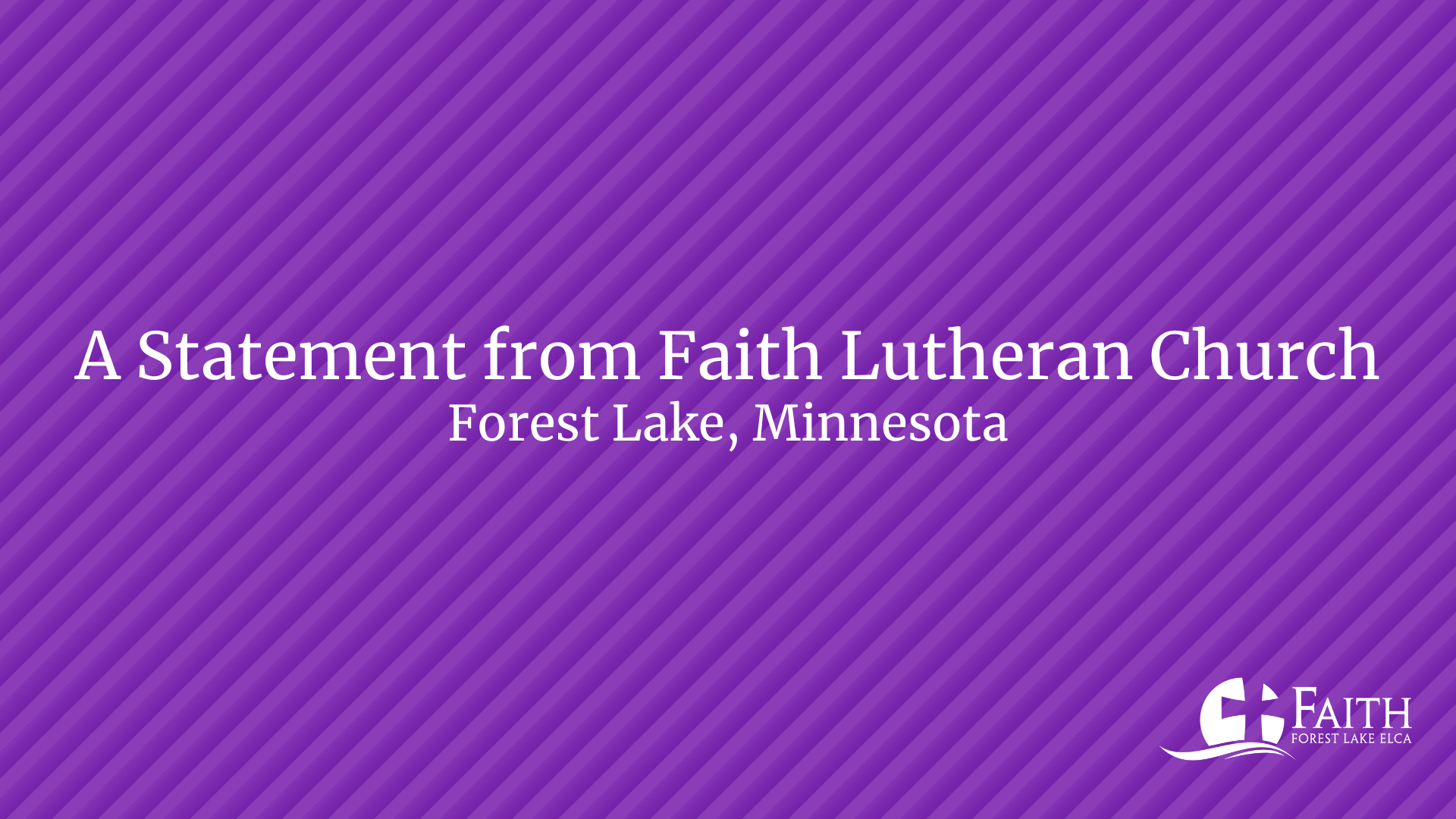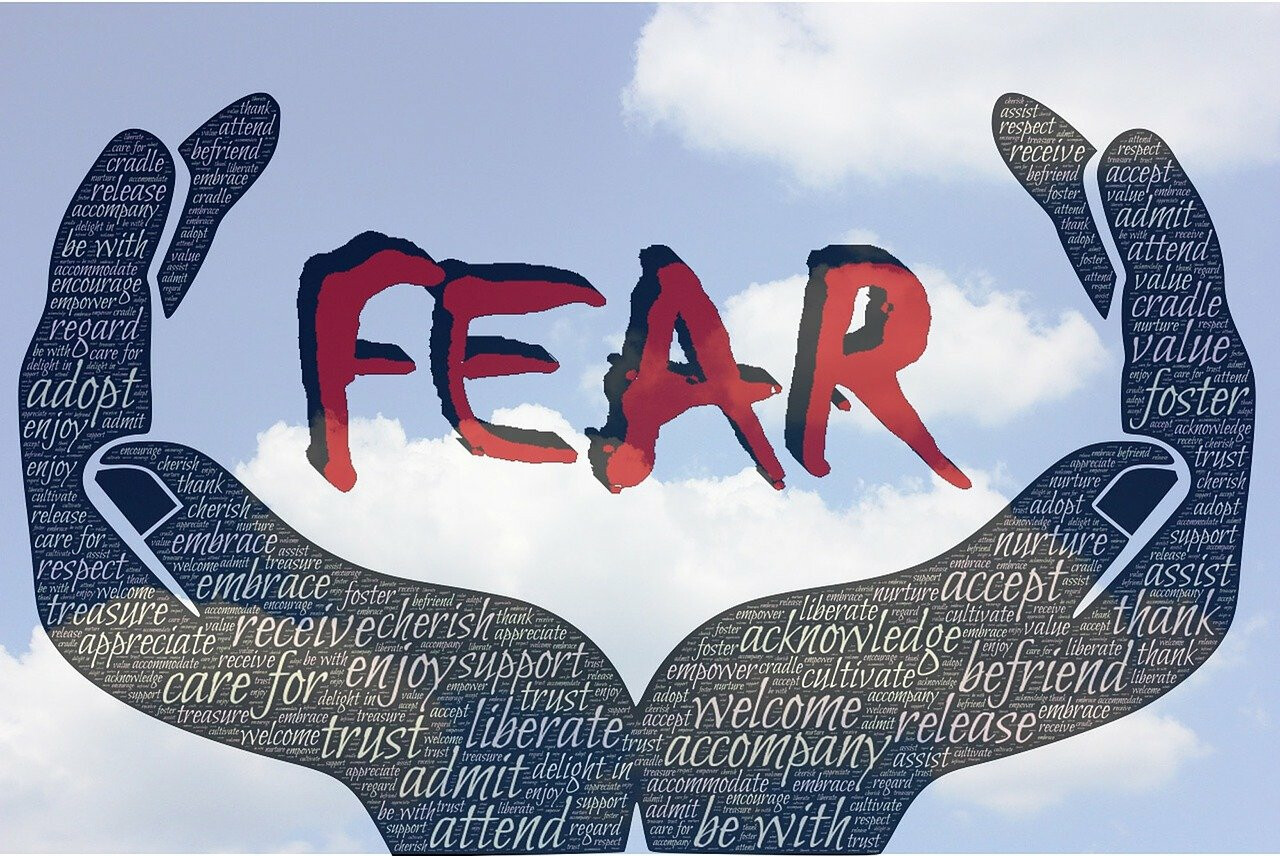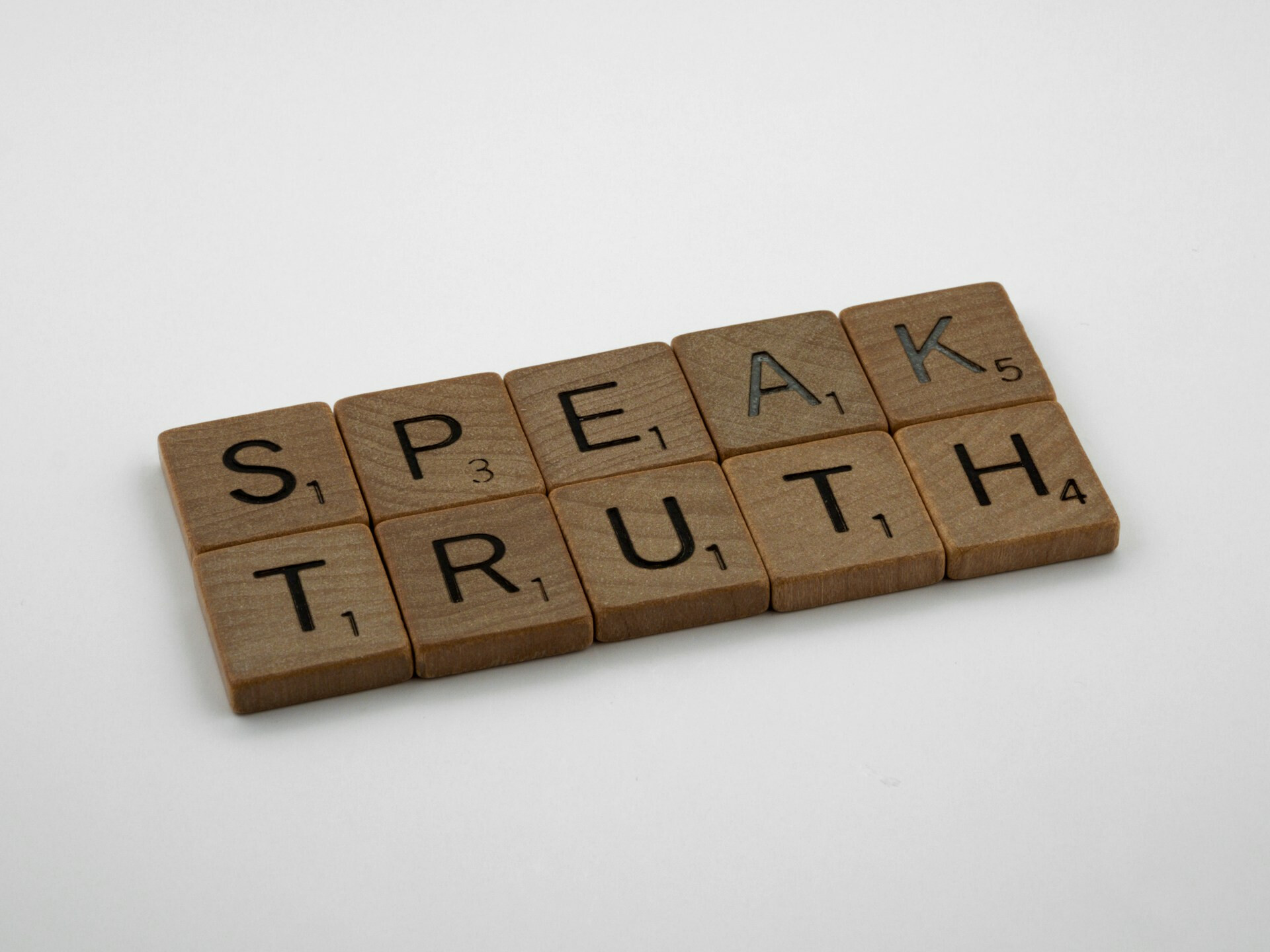A sacred responsibility through a modern lens

As a pastor in the Evangelical Lutheran Church in America, one of the requirements that I have is to regularly take a Boundaries Workshop. This is an intentional time to talk about the foundational understandings of boundaries and power along with conversation on harassment, self-care, and the synod’s updated sexual misconduct policy.
Sometimes, I need a gentle reminder to take that Boundaries Workshop.
I received an email from the synod office telling me about the upcoming workshop about ethics in ministry. I was long overdue.
Working as a pastor, this is a topic that must be revisited often because the church has an important responsibility within our culture. The church spends time helping build spiritual relationships for people that are vulnerable and in turn, it must be a place that people need to trust when faced with boundary violations in their own lives.
We’ve all seen the headlines or watched the news stories about an educator, politician, clergy member, or other leaders who violate the trust of their community through misconduct, often using their power to take advantage of others.
It always gives me a sinking feeling—especially as it pertains to pastors, priests, or church workers. I preach to my congregation that we are sinners and saints—that we have both characteristics, yet God’s grace forgives us when we fall short. But the downstream impact of sexual misconduct has far-reaching consequences: Seeing a church leader abuse that trust plants deep seeds of doubt and mistrust of the greater church.
During the session, the leader asked how many of us were in a congregation that had sexual misconduct in the past. A leader having an affair with a member. Inappropriate relationships with youth. Many hands went up. Not all of these incidents are newsworthy, but they still can impact the health of a congregation generations into the future.
Our church body must not lose sight of our responsibility to be a safe place, especially with many voices articulating #MeToo. We must maintain transparency with sexual misconduct or harassment and communicate to our congregations how to report any event that needs to be addressed. It is our role to ensure that all who come to our churches feel safe and know that this is a safe space—a truly holy space.
I encourage you to trust the leadership of the churches in our area. A few isolated incidents in the media can have a damaging effect on the reputation of religious organizations, but the majority of religious organizations take this responsibility seriously. We are mandatory reporters—if you tell us about abuse; we must report it.
We must also reflect on ways that we teach about gender roles. Perhaps forgotten in this conversation is our reluctance to name the male hierarchy that is often present in our religious institutions and even in the traditions of our holy scriptures.
Teaching each other of the value of each person of God’s creation is an important responsibility. Teaching young men and boys to look at, speak, and think of women with dignity, honor, and respect is a value that must be emphasized. When we let passing comments and uncomfortable behaviors continue without calling them out, we miss an opportunity to curb future behaviors.
It’s also important for men to be allies and be willing to stand up to other men that they see or hear engaged in these behaviors.
Acting upon our sexual misconduct policies is something that I pray our churches don’t need to do. But I am grateful that we are prepared to do so when the need to intervene arises.
This article was originally published in the Forest Lake Times






Login To Leave Comment